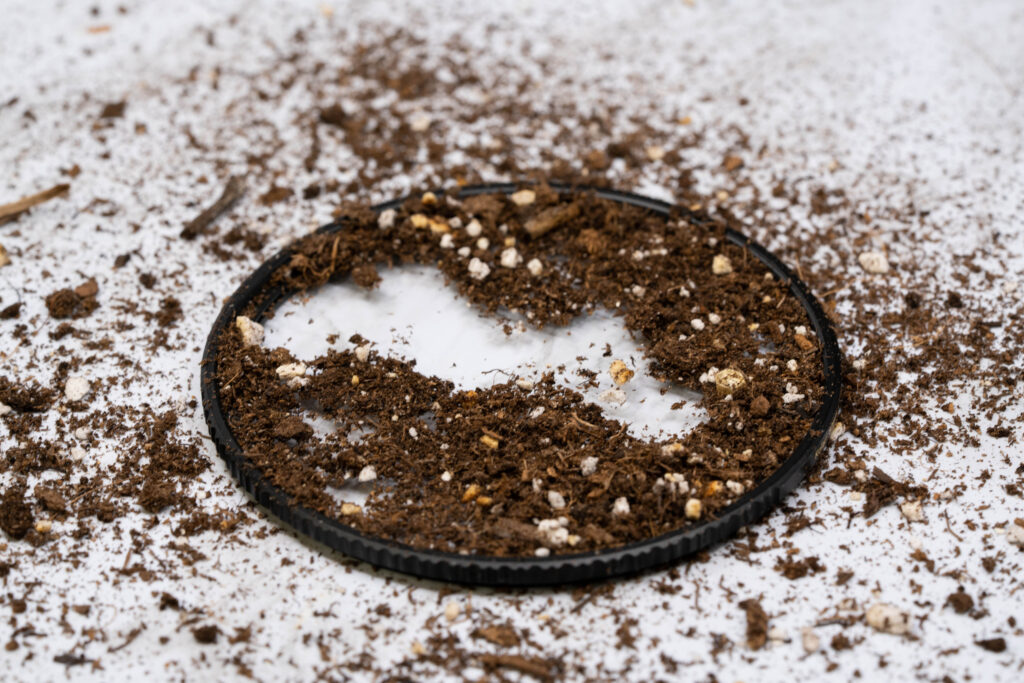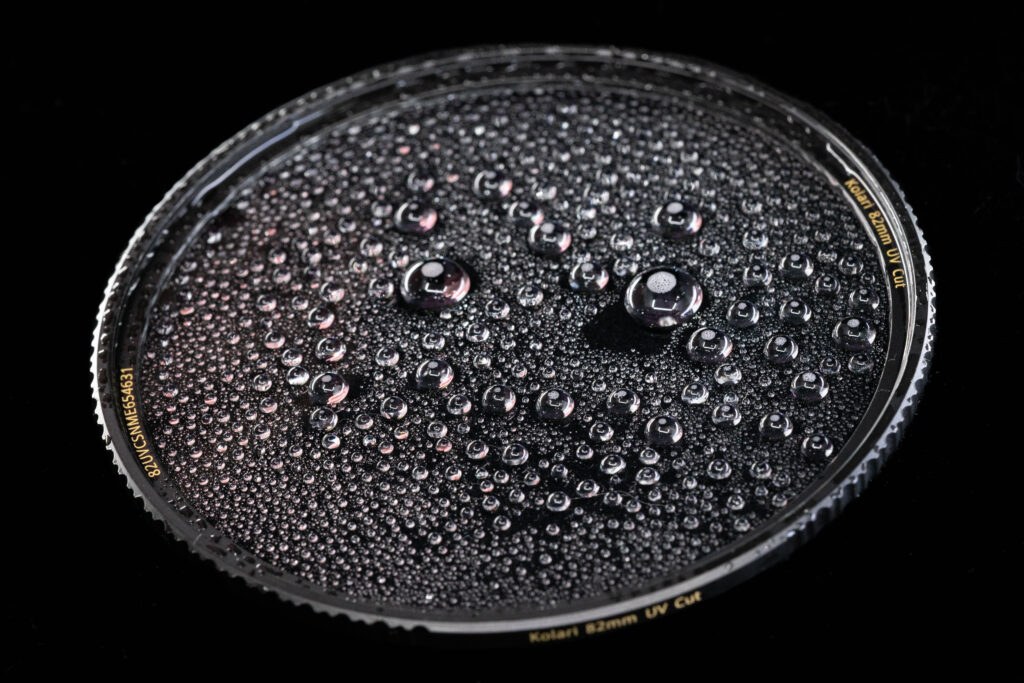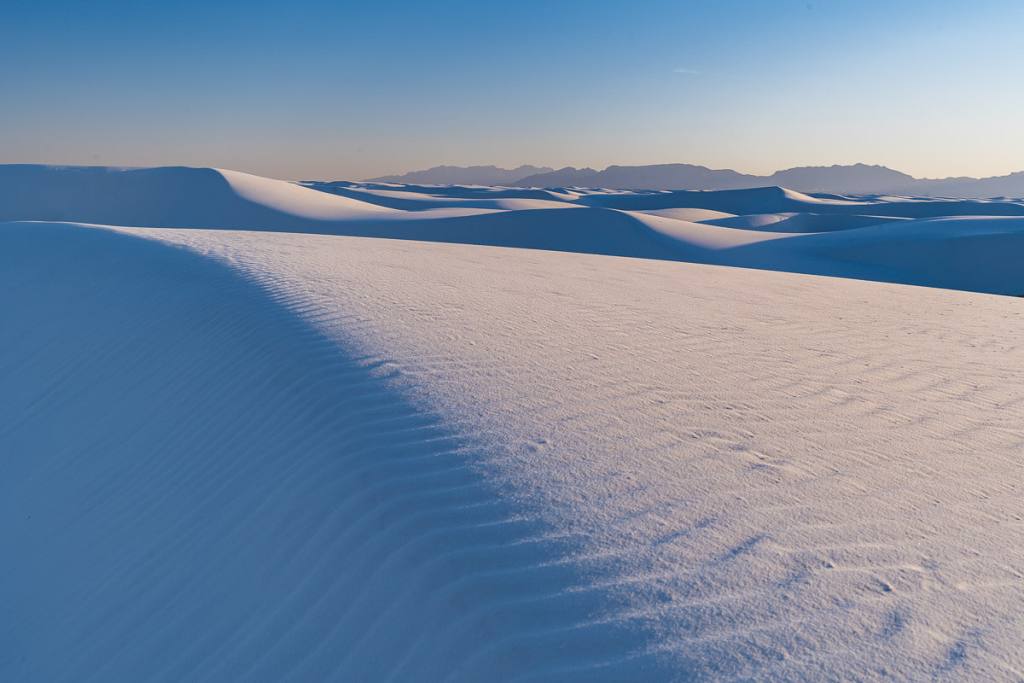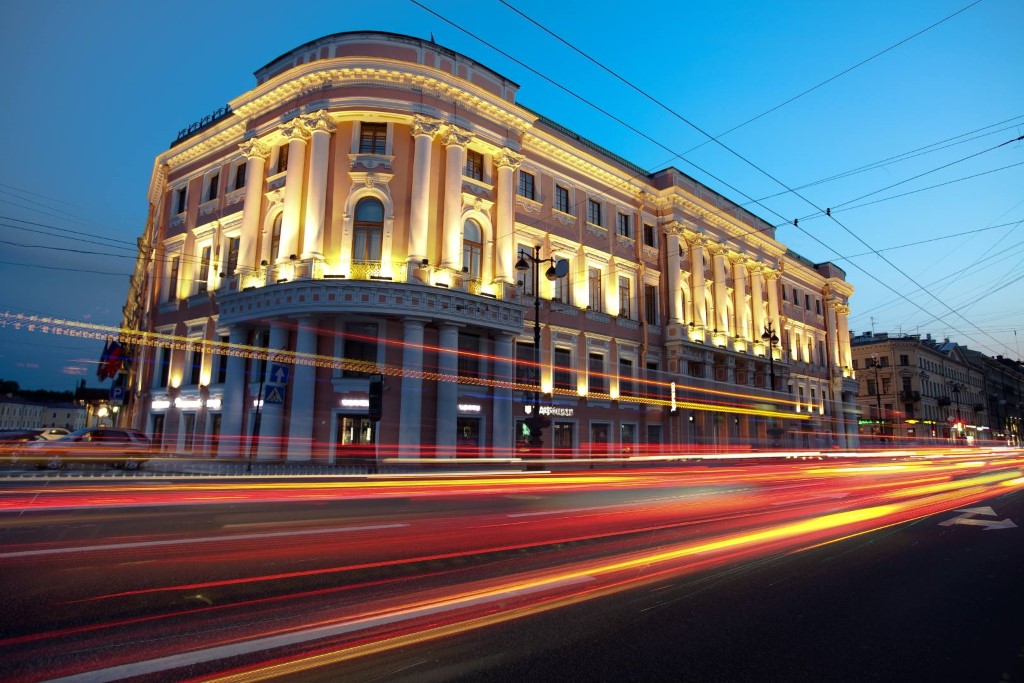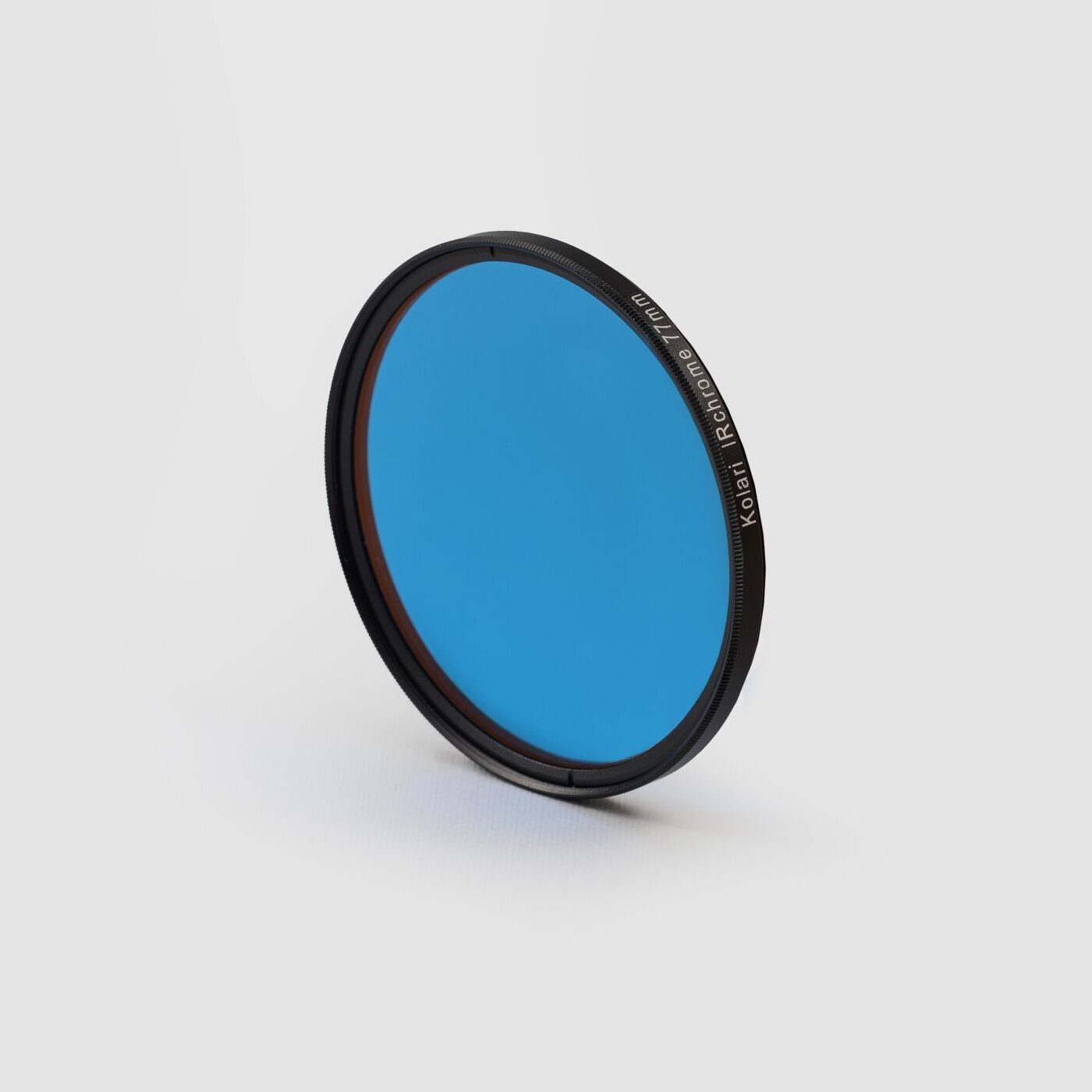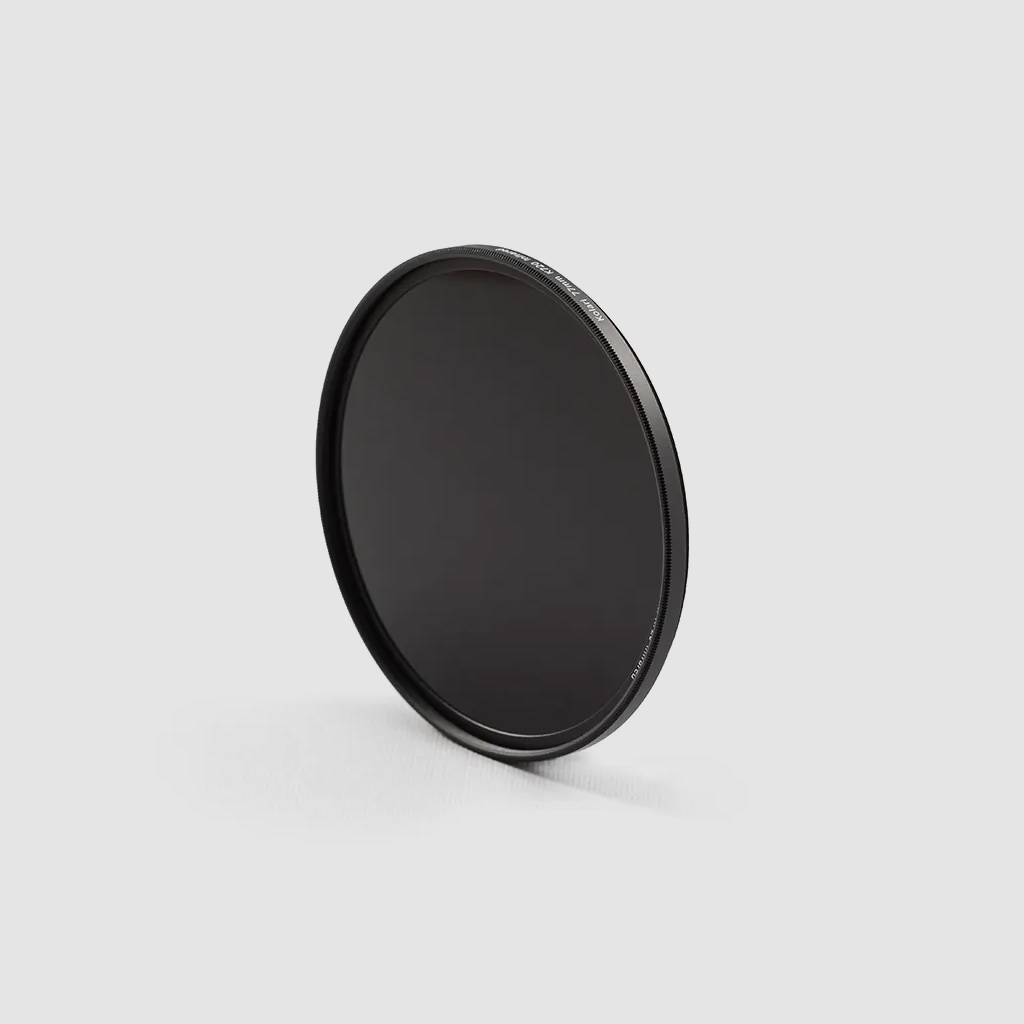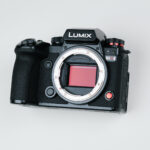In the beginning, there was only film. Over time, as our technological advances grew leaps and bounds, digital photography was born. Almost everything in digital photography today can be traced back to film traditions. One such tradition has been the cause of a great division between photographers in the modern age: UV Cut filters. Some photographers never let their lenses go without one, while others refuse to use them entirely. But who is right?
Let’s start with a little background on the origins of UV filters and their purpose. UV filters were initially created in the days of film to block out ultraviolet light. This was often necessary with old film cameras, especially in bright outdoor conditions, because film is extremely sensitive to UV light. Unless it was blocked from reaching the film stock, UV light would create a bluish haze in the image. Nowadays, modern digital sensors have become rather insensitive to UV light due to their internal UV/IR cut hot mirrors.
We previously looked into whether or not UV Cut filters actually help modern camera sensors, and we concluded that these filters are, essentially, redundant for their original intended purpose. You can read more about what we found through our testing here. We also had to actively dig for lenses that lack an anti-UV coating when we did our write-up of UV Photography Compatible Lenses, meaning that any UV light your sensor doesn’t block, the coatings on your lens are likely to do the job. So if modern digital cameras don’t need UV Cut filters for image quality, what are they used for today?
The purpose of UV Cut filters has evolved from blocking UV light in the days of film to now simply protecting the front of your lenses. Although they won’t make your lens immune to all types of damage, they can assist in maintaining your lens’ functionality and overall value.
For photographers and videographers shooting on location, small environmental hazards can wreak havoc for your lens. Dust, dirt, sand, or salty sea spray can easily blow onto the glass of a lens and cause damage. Trying to wipe these elements from your lens may lead to scratches in the glass. A UV Cut, or protective filter, on the front of your lens can act as a barrier between your precious equipment and the uncontrollable elements of the natural world. Cleaning a small flat filter that can be removed can often be easier and run less risk of scratches than trying to clean a whole lens after a shoot.
Outside of less than ideal shooting conditions, a UV Cut filter can also protect a lens from all too common human error. Fingerprints and smudges, although avoidable, can still happen while shooting. Unless the lenses are regularly maintained, the oils and acids found in fingerprints can react with the glass coatings and cause image degradation. This is where UV Cut filters with scratch-resistant, anti-smudge, oleophobic, and hydrophobic coatings like the Kolari Vision Pro UV Cut Protective Filter can be exceptionally helpful.
While a UV Cut filter won’t be able to protect your lens from hard drops that may damage internal elements, they are great for protecting the front element from everyday hazards. Considering that their protective qualities are the main purpose these filters serve today, are there any downsides to using UV Cut filters? As is the case with all filters, the quality of the filter and its intended use will determine the success of its performance.
Filters constructed with weak glass won’t be able to take as much damage as ones made with more durable glass, thus negating their main protective feature. This is why, at Kolari, we chose to use premium ultra-thin, ultra-strong Corning Gorilla Glass for our Kolari Vision Pro UV Cut Protective Filter, making it more than twice as strong as Schott B270 glass to direct impacts. To demonstrate its durability, we even went as far as dropping it from over 100 ft. with a drone. Check out the clip below to see the results. (Spoiler: The filter survived in rather impressive condition.)
Some photographers who are adamant against using UV Cut filters express concerns about their image quality being affected. This can often happen with low-grade filters. Color shifts, lens flares, and ghosting can occur, making both shooting and post-processing an unwelcome challenge. Cheap, poor quality UV Cut filters may be better suited for more creative or DIY applications, such as applying Vaseline to the filter to make a soft focus filter or spraying the filter with water to create different effects. If the goal is to use a UV Cut for protection without compromising image quality, it’s worth investing in the high quality filter.
Anywhere you look, you will find articles supporting the need for UV Cut filters and just as many dismissing them entirely. Kolari even contributed to this debate back in 2020 with UV Lens Filters: A Spectral Analysis. What do you think? Are you for or against UV Cut filters? Let us know your thoughts in the comments, and check out our blog for more articles.
To stay up to date on new releases and updates, be sure to subscribe to our newsletter.
Visit our shop to learn more about our Pro UV Cut Filters and other products to see if there’s something there for you.
